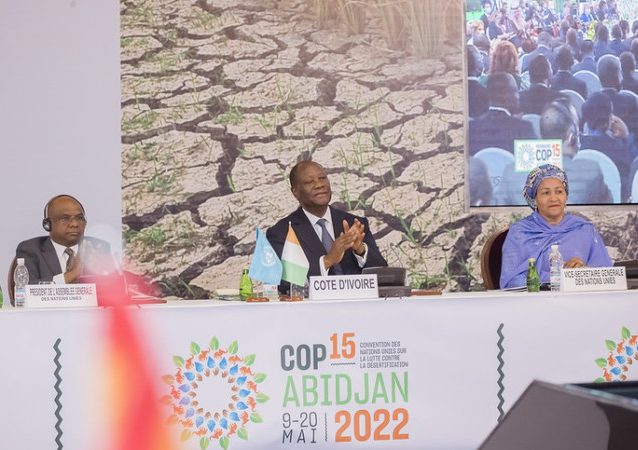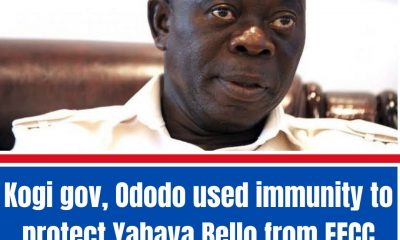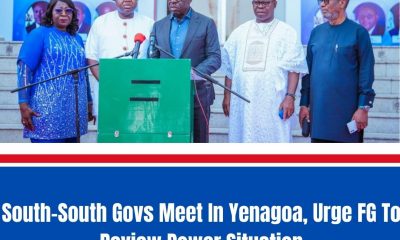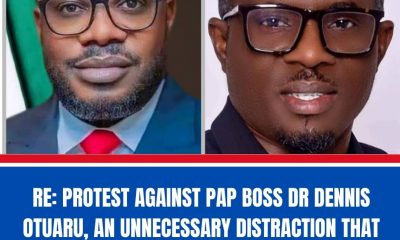World News
Ouattara announces US$2.3 billion land restoration plan for Côte d’Ivoire

President Alassane Ouattara of Côte d’Ivoire has announced US$2.3 billion in funding for the Abidjan Initiative, a five-year plan to combat land degradation and deforestation in the West African nation.
Ouattara presented the launch of the program during opening remarks at the 15th Conference of the Parties to the Convention to Combat Desertification (COP15), which officially opened this week in Abidjan. The summit is attended by representatives from 197 countries, including President Hage Geingob of Namibia and other heads of state.
“Our summit is being held in a context of climate emergency which is having a severe impact on our land management policies and exacerbating the phenomenon of drought,” said Ouattara during his opening address.
“It also takes place at a time when our economies are weakened by the impacts of COVID-19, and are bearing the brunt of the effects of the drama unfolding in Ukraine, with its share of food price increases and energy.”
Drought and desertification have affected 60% of the land in Côte d’Ivoire, he said, and that reaches 90% in the northern part of the country, along the borders of Mali and Burkina Faso. It’s not just agriculture that is affected.
“These scourges also constitute a threat to our energy and health security, and, in the long term, to peace,” Ouattara said. “Indeed, desertification and drought are sources of migration and inter-community conflicts, due to the competition around the constantly decreasing natural resources.”
African nations, particularly across the Sahel and Horn of Africa, face unprecedented soil and land conservation issues. A report released Friday by humanitarian aid group World Vision estimates that 9.1 million people in seven East African nations live in an emergency state of food insecurity, driven by severe drought along with conflict and COVID challenges.
The COP15 agenda includes discussions on developing drought resilience and future-proofing land use, as well as pathways to land restoration and the role of African youth in achieving that goal.
-

 Politics4 days ago
Politics4 days agoFormer IYC Scribe Congratulates Hon. Maxwell Ebibai on Reappointment as Bayelsa Commissioner for Finance.
-

 Politics5 days ago
Politics5 days agoKogi gov, Ododo used immunity to protect Yahaya Bello from EFCC arrest – Oshiomhole
-

 Entertainment5 days ago
Entertainment5 days ago‘Disrespectful’ – Mr Macaroni slams Wizkid for shading Don Jazzy
-

 Politics4 days ago
Politics4 days agoSouth-South Govs Meet In Yenagoa, Urge FG To Review Power Situation
-

 Business4 days ago
Business4 days agoWhy CBN Banned Opay, Palmpay, Kuda Bank, Moniepoint From Boarding New Customers
-

 Politics4 days ago
Politics4 days agoHon. Alapala Felicitates with Commissioners for successful inauguration and thank the governor for their appointments.
-

 Niger Delta4 days ago
Niger Delta4 days agoRE: PROTEST AGAINST PAP BOSS DR DENNIS OTUARU, AN UNNECESSARY DISTRACTION THAT SHOULD NOT BE TAKEN SERIOUSLY.
-

 News2 days ago
News2 days agoLocal Content, Local Fraud




